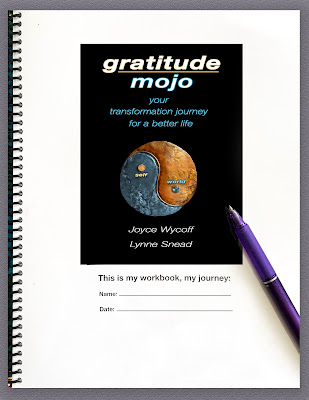 |
| Mountain Meadows Reservoir |
I'm at Lake Almanor on something of a vacation, having successfully sold my RV, the chore that I came up here to do. Since I have three days to enjoy this beautiful lake and land, I'm planning to kayak one of my favorite places today. First, though, I went looking for something to eat.
In my refrigerator, which is just barely stocked because I will only be here for a few days, I found half of a two-day-old grocery store sandwich. It wasn't particularly good two days ago: a smear of turkey on a thick hunk of pasty, white bread. Definitely not gourmet or even tasty or healthy. I push it aside for the two lemon cookies leftover from last night's dinner with the neighbors. They didn't do anything except set off a cycle of eating, and once again I was rooting around in the fridge. There's that sandwich again. I'm not *really* hungry and I know that sandwich is mediocre at best, however ...
You probably know where this is going. I ate the sandwich, and now I'm wondering why. It was an interesting process to observe: thinking the problem was too much bread, I removed the top bread layer and slathered honey mustard on the turkey and limp lettuce. That didn’t help much, but I ate it anyway. Now, I was no longer hungry but very dissatisfied, so I fried the sandwich top in the little bit of butter I had. That left me overly full and feeling stupid for eating something that bad with no redeeming value. It occurs to me that this is like a hangover ... maybe a food-over?
Once again I wonder why? I've been here before when an unsatisfying food triggers an eating binge. An hour later I'm still overfull, lethargic, uncomfortable and unhappy with myself and decide to see if I can follow the rabbit trail that got me here.
Many years ago when I smoked, I recognized how much it was affecting my breathing ... and also saw the black lung photos going around ... so I quit. It wasn't easy, but I did it. Some years after that I stopped drinking because I hated having hangovers. Why is food so much different? The phrase that pops into my mind is "looking for love in all the wrong places."
I know that food and eating is connected to childhood triggers so there's no reason to keep gnawing on that bone. What I really want to do is to create a space between the trigger and the eating response, a way to press pause and allow room for a rational decision.
After the sandwich fiasco, I pulled myself together and headed out for my favorite kayaking spot, about ten minutes away and opened Drafts, the simple note-taking app for my iPhone, and began to talk about what happened this morning. I’ve started recognizing triggers, although that doesn’t help much when I just ignore them. I thought maybe talking myself through these triggers would help me understand them and find ways to love myself in a more productive way than eating something which rightfully should have been thrown away. The goal is to make better decisions.
During this conversation with self, I recognized a mild sense of depression at the loss of this special place on the lake. It’s probably not stretching the metaphor too far to wonder if I was trying to fill up the empty space created by this loss with whatever food was handy, even if it was pretty awful. Writing this seems on target and I feel tears welling up. Buying this lake place was a huge step, a gift to myself, an honoring of something I’ve always wanted. Leaving it is painful even when I know the move that prompted this change was the right one for me right now. To honor this sadness, I decided to make a tribute to my time at the lake, a loving ritual of letting go. I begin pulling photos and reliving the memories of this place.
This note was created using Drafts and then cleaned up for this post. I am making a commitment to use this process when the next triggering event happens.





